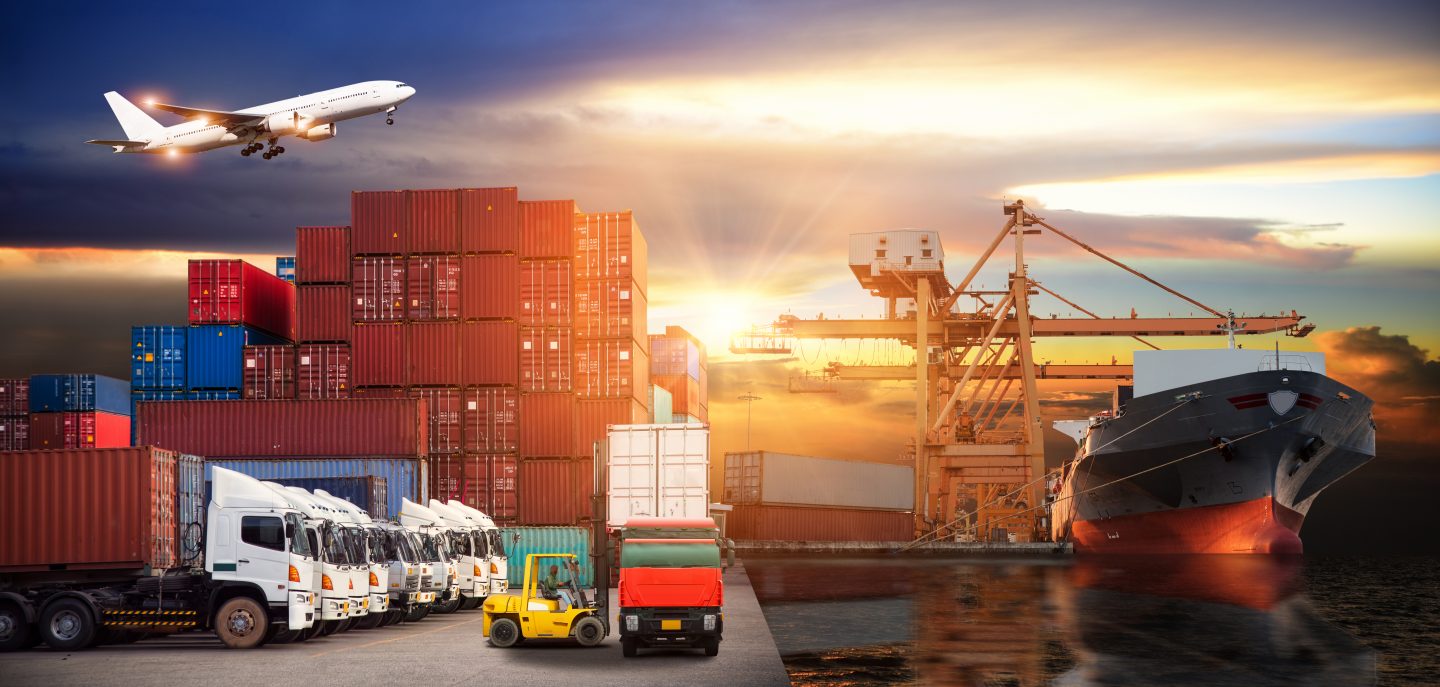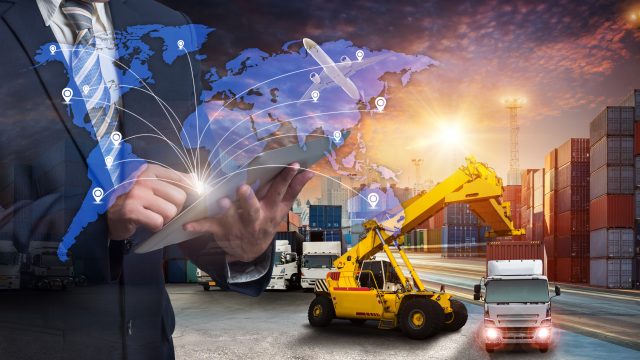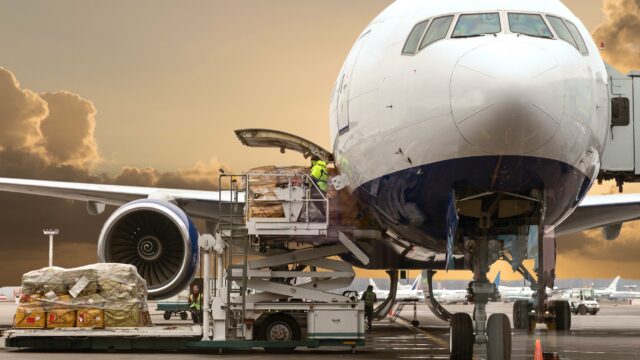Logistics is the backbone of our modern-day, globalized economic system. What has started centuries ago with oxcarts has in the meantime transformed into a global, high-frequency machine, running 24/7 at high rev, and deploying advanced technologies.
A multitude of service providers need to align themselves in perfect sync, in order to keep millions of supply chains across various transportation modes up and running. In line with operational complexity, customer requirements continue to increase: tracking & tracing of shipments in real-time has become a standard, since utmost transparency has emerged as indispensable for both shippers and consignees. Like in most other industries, digitalization has adopted a key role in innovation, since it helps synchronize physical work flows with data flows. Likewise, automated buying platforms used by operators and their clients become feasible through digital channels and portals – time and cost savings are considerable for all stakeholders.
Besides traditional transportation companies such as freight forwarders, truck operators, and postal companies, the logistics ecosystem is populated with express and parcel delivery companies, having built up highly systematized, global networks for seamless door-to-door delivery. Over the past decade, these so-called ‚integrators‘ have particularly benefitted from the ever-prevailing e-commerce hype, which keeps generating billions of additional shipment every year especially in the B2C segment. The still ongoing pandemic crisis has reignited this megatrend, ultimately turning express and parcel delivery companies into winners of the crisis.
There is another, ever-growing market segment which is called ‚contract logistics‘ or ‚third party logistics‘ (3PL), offering tailored solutions to single clients. These solutions may focus on stationary services – such as warehousing – or on network-related processes such as global distribution contracts for producers of consumer goods. Digitalization plays a crucial role also in this segment.
M2P owns profound knowledge in logistic functions such as planning and steering of supply chains, with a special depth of expertise in express delivery and air cargo – the latter being a market where various operators and service providers come together in one single supply chain.


